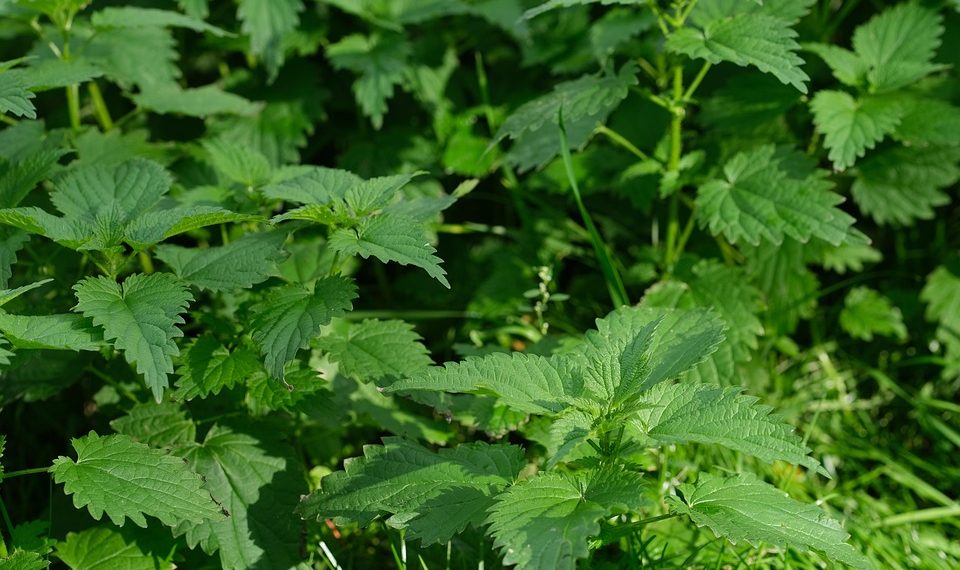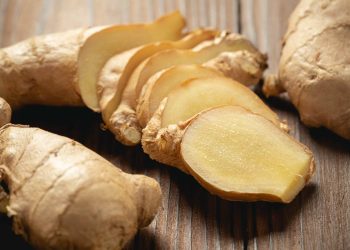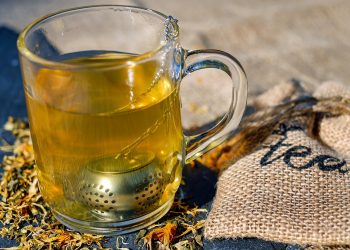5 Benefits of Nettle Tea for Bladder Health You Need to Know
Nettle tea, a herbal infusion made from the leaves and stems of the stinging nettle plant, might not be the most common drink in your kitchen cupboard, but it carries a rich history in herbal medicine. Imagine sitting in your favorite spot with a warm mug cradled in your hands, its earthy aroma wafting through the air—a moment of calm. But this tea is more than just a comforting beverage; it holds numerous potential benefits for bladder health.
Curious about what nettle tea can do for you? Let’s explore five key benefits that could enhance your bladder well-being.
Contents
1. Anti-Inflammatory Properties
Nettle tea is often celebrated for its potent anti-inflammatory effects. Chronic inflammation can contribute to a variety of bladder-related issues, including interstitial cystitis—a condition characterized by bladder pressure and pain. A study in the Journal of Natural Products indicated that compounds in nettle have significant anti-inflammatory properties due to their high levels of flavonoids and phenolic acids (Saha et al., 2018). By reducing inflammation, nettle tea may alleviate some discomfort for those suffering from bladder conditions.
However, it’s essential to note that while nettle tea can help manage symptoms, it is not a standalone cure. Individuals with severe conditions should always consult healthcare professionals for comprehensive treatment plans.
2. Natural Diuretic Effects
If you’ve ever wondered about the link between hydration and bladder health, nettle tea might be your answer. It acts as a natural diuretic, promoting increased urine output. This effect can help flush toxins and waste from the urinary system, aiding overall urinary health. A 2020 publication in the European Journal of Integrative Medicine found that nettle extract helped improve urine flow in participants, suggesting its efficacy in stimulating bladder function (Reis et al., 2020).
Nonetheless, be mindful of your intake; too much of a diuretic can lead to dehydration. It’s best to listen to your body and adjust your consumption accordingly.
3. Support for Urinary Tract Health
Nettle tea is often recognized for its supportive role in maintaining urinary tract health. The tea contains various antioxidants and antimicrobial properties that can inhibit bacterial growth in the urinary system. Research published in the Journal of Ethnopharmacology highlighted that nettle not only combats harmful bacteria but also supports healthy flora in the bladder (Taghizadeh et al., 2019).
This dual action is particularly beneficial for preventing urinary tract infections (UTIs), which can cause significant discomfort and health complications if left untreated. Although nettle tea can be a helpful addition, it should not replace traditional treatments for existing infections. Always seek advice from a healthcare provider if you suspect a UTI.
4. Rich in Nutritional Support
Nettle leaves are packed with essential vitamins and minerals that contribute to overall health and wellness. This includes vitamins A, C, K, and several B vitamins, along with iron, calcium, magnesium, and potassium. A well-nourished body functions better, and that includes the urinary system.
A study published in the Journal of Food Science and Technology noted that the high nutrient content of nettle can aid in supporting various body functions, including those of the bladder (Adewusi et al., 2018). For instance, proper hydration and mineral balance are crucial for maintaining a healthy urinary system.
Keep in mind, however, that while nettle tea can be a beneficial part of your diet, it should be consumed in conjunction with other nutrient-rich foods. Achieving balance in your diet is key.
5. Potential Relief from Urinary Symptoms
For some, nettle tea may provide soothing relief from urinary symptoms related to various conditions. This includes urgency, frequency of urination, and discomfort. In cases of benign prostatic hyperplasia (BPH) in men, nettle root extract has been studied for its positive effects on urinary function. A meta-analysis published in The Journal of Urology reported that nettle root treatment significantly improved symptoms related to BPH, leading to better bladder function (Kava et al., 2021).
Although this research primarily focuses on nettle root, drinking nettle tea may contribute to alleviating urinary symptoms too. Nonetheless, it’s crucial to manage expectations as results can vary among individuals.
FAQs
1. How do I prepare nettle tea?
Brewing nettle tea is simple! Start with dried nettle leaves, usually found at health food stores. Use about one teaspoon of dried leaves per cup of boiling water. Steep for 5-10 minutes, then strain and enjoy. Adding lemon or honey can enhance the flavor.
2. How often can I drink nettle tea for bladder health?
Generally, consuming 1-3 cups of nettle tea per day is considered safe. However, it’s wise to listen to your body and consult with a healthcare provider if you have any existing health conditions or concerns.
3. Are there any side effects of drinking nettle tea?
While nettle tea is generally safe, it may cause mild side effects for some, including stomach upset or allergic reactions. Always start with a small amount to see how your body reacts.
4. Can nettle tea replace my medication for bladder issues?
Nettle tea should complement—not replace—any prescribed medications. If you’re experiencing bladder issues, it’s important to consult with a healthcare professional for tailored advice.
Conclusion
Nettle tea may not occupy a prominent place in mainstream health conversations, but its potential benefits for bladder health are worth considering. From reducing inflammation to supporting urinary health, this herbal infusion contains valuable properties that could enhance your well-being.
Next time you find yourself in need of a comforting drink, why not give nettle tea a try? Just remember to pair it with a balanced diet and consult with healthcare professionals when necessary. Your bladder might just thank you for it.
References
- Saha, S., et al. (2018). Pharmacological and phytochemical aspects of nettle (Urtica dioica): A review. Journal of Natural Products. URL: https://pubs.acs.org
- Reis, D., et al. (2020). Antidiuretic effects of Urtica dioica: A systematic review. European Journal of Integrative Medicine. URL: https://www.sciencedirect.com
- Taghizadeh, M., et al. (2019). Antimicrobial activity of Urtica dioica extracts against uropathogenic bacteria. Journal of Ethnopharmacology. URL: https://www.sciencedirect.com
- Adewusi, S. R. A., et al. (2018). Nutritional and functional properties of nettle. Journal of Food Science and Technology. URL: https://www.springer.com
- Kava, A., et al. (2021). Efficacy of nettle extract on benign prostatic hyperplasia: A systematic review and meta-analysis. The Journal of Urology. URL: https://www.jurology.com
Get Your FREE Natural Health Guide!
Subscribe now and receive our exclusive ebook packed with natural health tips, practical wellness advice, and easy lifestyle changes — delivered straight to your inbox.















